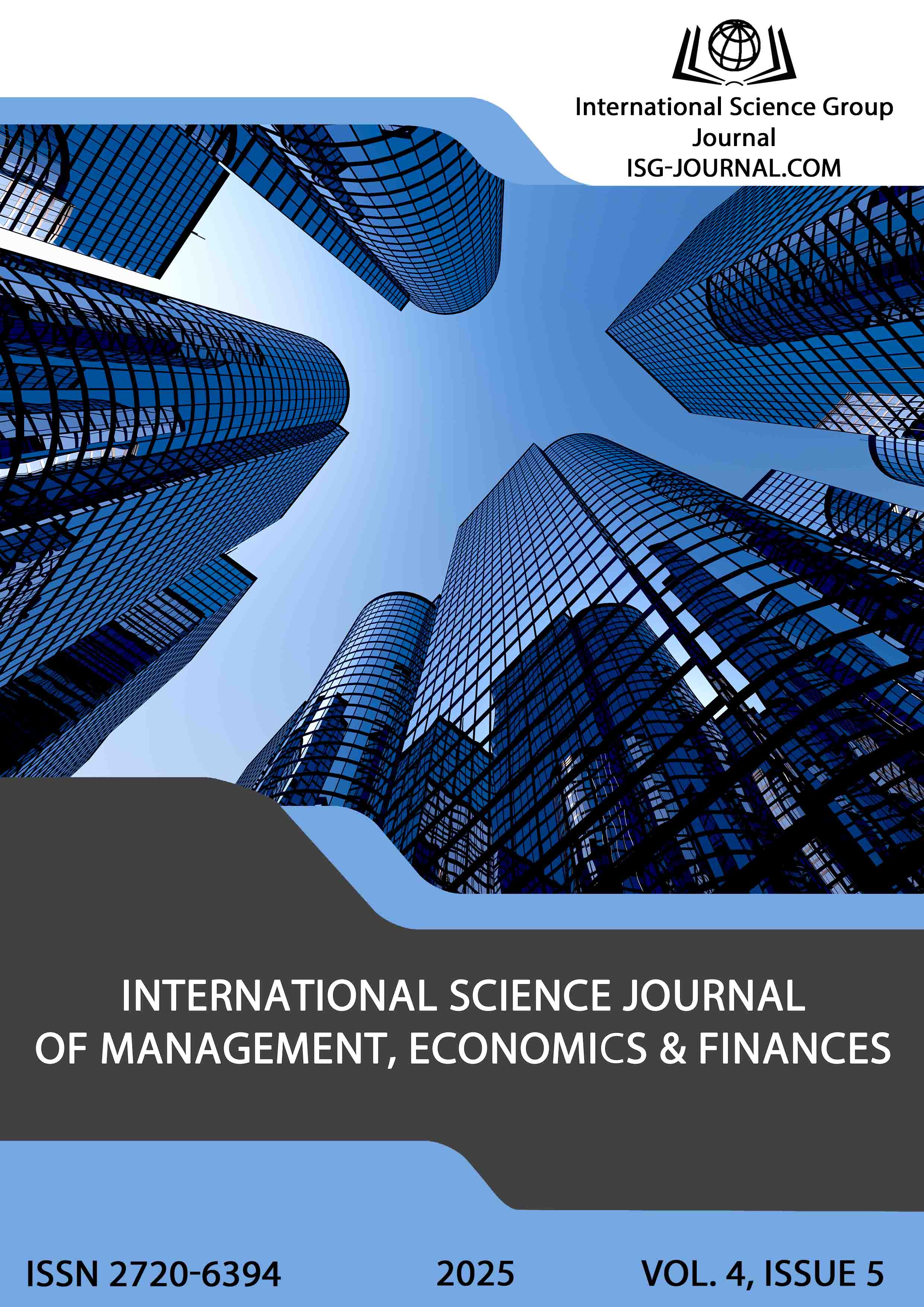The revolving door between public and banking sectors dynamics, impacts, and regulation
DOI:
https://doi.org/10.46299/j.isjmef.20250405.09Keywords:
revolving door, regulatory capture, public ethics, conflict of interest, banking regulationAbstract
The phenomenon of the "revolving door", i.e. the frequent transition of individuals between high-level positions in the public sector (in particular regulators, policymakers and former Politically Exposed Persons - PEPs) and management or advisory roles in the banking and financial sector (and vice versa), is an issue of growing concern for the transparency, integrity and stability of modern economic systems. This study aims to analyze in depth the dynamics underlying this phenomenon, exploring its implications on the risk of regulatory capture, potential conflicts of interest and public trust in institutions. Through a comparative analysis and the examination of recent and relevant case studies in Italy and Europe, institutional reactions and regulatory developments aimed at mitigating their effects will be evaluated, identifying persistent gaps and proposing areas for future reforms. It will also investigate how the public perception of this phenomenon influences the legitimacy of political and financial decisions, especially in a context of growing distrust towards elites.References
Barth, J. R., Caprio, G., & Levine, R. (2006). Rethinking bank regulation: Till angels govern. Cambridge University Press.
Blanes i Vidal, J., Draca, M., & Fons-Rosen, C. (2012). Revolving door lobbyists. American Economic Review, 102(7), 3731–3748. https://doi.org/10.1257/aer.102.7.3731
Carpenter, D., & Moss, D. A. (Eds.). (2014). Preventing regulatory capture: Special interest influence and how to limit it. Cambridge University Press.
Dal Bó, E. (2006). Regulatory capture: A review. Oxford Review of Economic Policy, 22(2), 203–225. https://doi.org/10.1093/oxrep/grj013
European Court of Auditors. (2021). Ethical frameworks of the EU institutions: Scope for improvement (Special Report No. 13/2021). https
European Commission. (2023). Code of conduct for the members of the European Commission. https
Ferguson, T., Jorgensen, P., & Chen, J. (2020). How money drives US congressional votes: The case of financial regulation. Political Economy Research Institute, University of Massachusetts Amherst. https://peri.umass.edu/publication/item/1334-how-money-drives-us-congressional-votes
Financial Action Task Force (FATF). (2013). Guidance on politically exposed persons (Recommendations 12 and 22). https
Laffont, J. J., & Tirole, J. (1991). The politics of government decision-making: A theory of regulatory capture. The RAND Journal of Economics, 22(1), 133–157. https://doi.org/10.2307/2601013
Legislative Decree 39/2013 (Italy). Provisions on the incompatibility and conflict of interests in the public administration. Gazzetta Ufficiale della Repubblica Italiana.
Lucca, D. O., Seru, A., & Trebbi, F. (2014). The revolving door and lobbying: Evidence from the financial industry. Journal of Political Economy, 122(6), 1048–1083. https://doi.org/10.1086/677255
Organisation for Economic Co-operation and Development (OECD). (2010). Post-public employment: Good practices for preventing conflict of interest. OECD Publishing. https://www.oecd.org/gov/ethics/48994419.pdf
Peltzman, S. (1976). Toward a more general theory of regulation. Journal of Law and Economics, 19(2), 211–240. https://doi.org/10.1086/466865
Quinta, J., & Rubenfeld, J. (2017). The influence industry. Brookings Institution. https://www.brookings.edu/articles/the-influence-industry/
Stigler, G. J. (1971). The theory of economic regulation. The Bell Journal of Economics and Management Science, 2(1), 3–21. https://doi.org/10.2307/3003160
Transparency International EU. (2017). Access all areas: When EU officials become lobbyists. https://transparency.eu/project/access-all-areas/
Transparency International. (2019). Global corruption report: Political corruption. https
U.S. Government Accountability Office (GAO). (2011). Post-government employment restrictions and monitoring mechanisms (GAO-11-654). https://www.gao.gov/products/gao-11-654
Zingales, L. (2015). Does finance benefit society? The Journal of Finance, 70(4), 1327–1363. https://doi.org/10.1111/jofi.12295
Downloads
Published
How to Cite
Issue
Section
License
Copyright (c) 2025 Michele Trifiletti

This work is licensed under a Creative Commons Attribution 4.0 International License.






